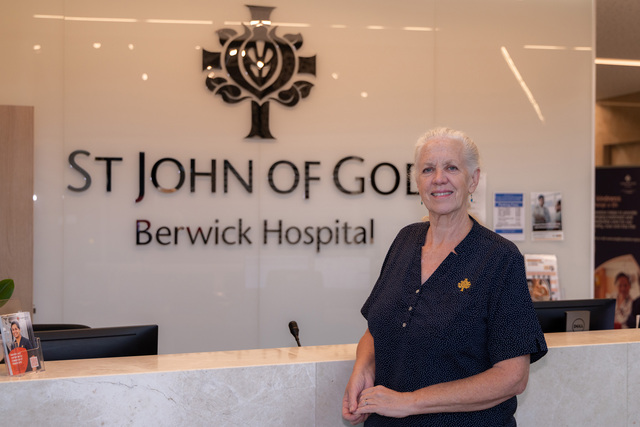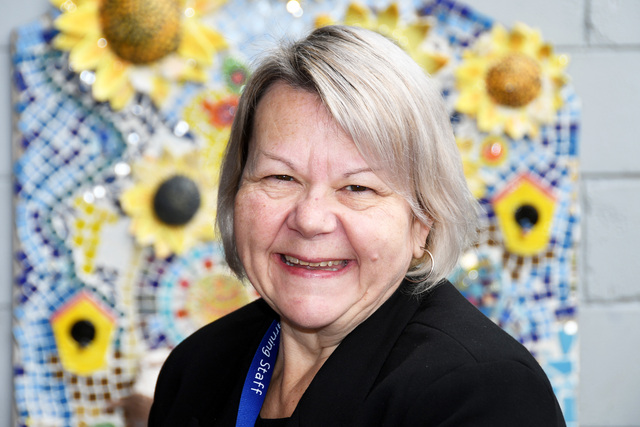By Stuart Teather
CRANBOURNE jumps racing trainer Robbie Laing has had mixed fortunes over the past week.
For better or worse, Laing has been in the thick of the debate over whether jumps racing has a future in Victoria.
Last Wednesday at Warrnambool, one of Laing’s jumpers, Pride of Westbury, broke his neck in a sickening fall over the final jump in the Galleywood Hurdle.
Then, on Thursday, he lost a second horse, Hassle, which broke a sesamoid bone during the Sovereign Resort Hurdle.
But just as Laing’s week was at a low point, another of his horses, Sir Pentire, pulled out a magnificent run in the Grand Annual Steeplechase to take out the prestigious race.
It was a bittersweet victory for the Cranbourne trainer at the Warrnambool carnival where three horses died all up, and as a result jumps racing is firmly back in the spotlight.
Racing Victoria has suspended all jumps racing and is meeting midweek to decide on the future of the sport.
Fellow Cranbourne trainer Chris Hyland said any decision to cancel jumps racing would have a major impact on the local industry.
“It’s 25 per cent of my business and there’s several other guys that it’s probably a bigger percentage of their business,” he said.
“I only have 20-22 horses, if I lose five or six out of that, probably a couple of staff members will have to go, and they’re all locals.”
Hyland was critical of Racing Victoria’s handling of the situation, saying he approached the 2009 season on the understanding jumps racing would last until at least the end of the year.
“It also affects my business in that when Racing Victoria gave it the go-ahead last year, one of my biggest clients, I put a bit of pressure on him to send horses to me from Sydney, at a decent expense to him.
“Now I get a bit of egg on my face to those clients.
“They weren’t just jumping clients, they had flat horses too. I don’t know how they’ll respond to it because they all invested money and I’m the one that encouraged them to do it.”
It is the second year in a row the jumps industry has come under scrutiny, following the disastrous Grand National Hurdle in June last year, where two horses died and only four of 13 starters completed the race.
Hyland said all the scrutiny had taken its toll.
“Personally, emotionally, you go to the races and you feel like there’s a hell of a lot of pressure on you.
“I don’t think it’s an enjoyable way to go to work, I’ve found the lead-up to this season very tough. If something goes wrong, you’re the worst person in the world.
“I’ve never had a horse die, I’ve had a couple of horses fall but I’ve never had a fatality, touch wood.”
Hyland conceded changes needed to be made, but said many that had been implemented in recent years actually hurt the sport.
He said changes like softer hurdles led to horses being overconfident, and added that perhaps the best move could be to remove barrier starts.
“Horses are taught as young horses when the barriers open you’ve got to fly.
“The natural reaction is, when they get in a hurdle race and you want them to get a bit slower, all their life they’ve been taught as soon as those gates open you go as quick as you can.”
Meanwhile the Pakenham Racing Club declared its ongoing support for jumps racing, with racing manager Michael Hodge saying the club lent its support to a submission from Country Racing Victoria in favour of continuing the sport.
Laing takes
Digital Editions
-

Charges after fatal house fire
Purchase this photo from Pic Store: 206998 Detectives from the Arson and Explosives Squad have charged a woman following a fatal house fire in Clyde…






